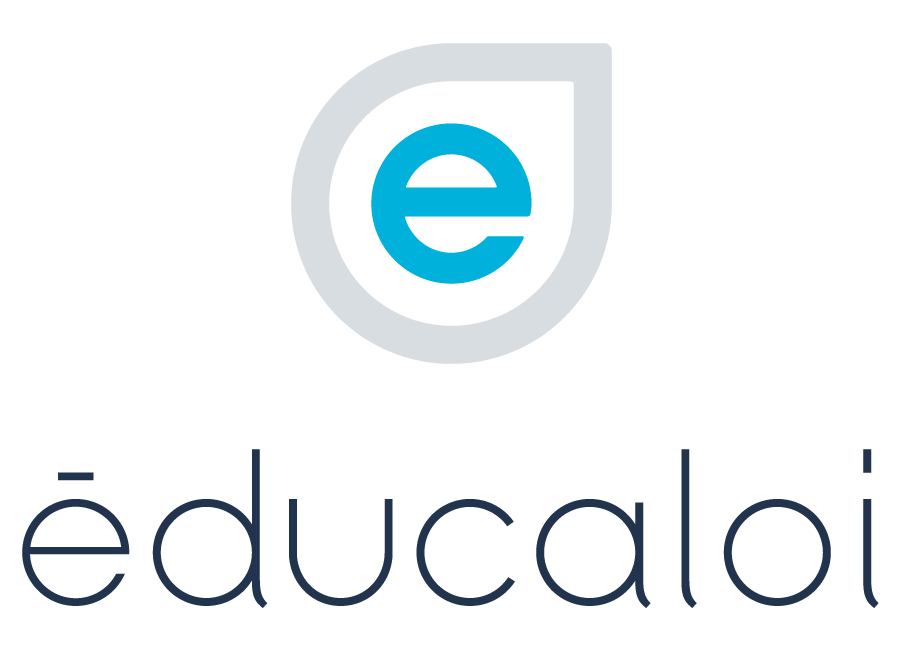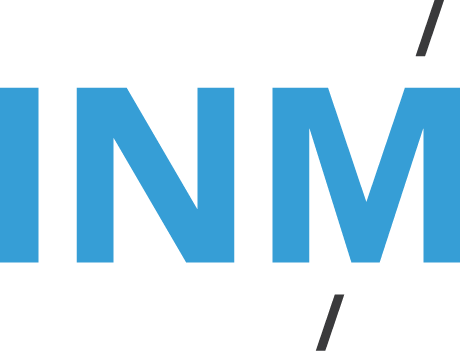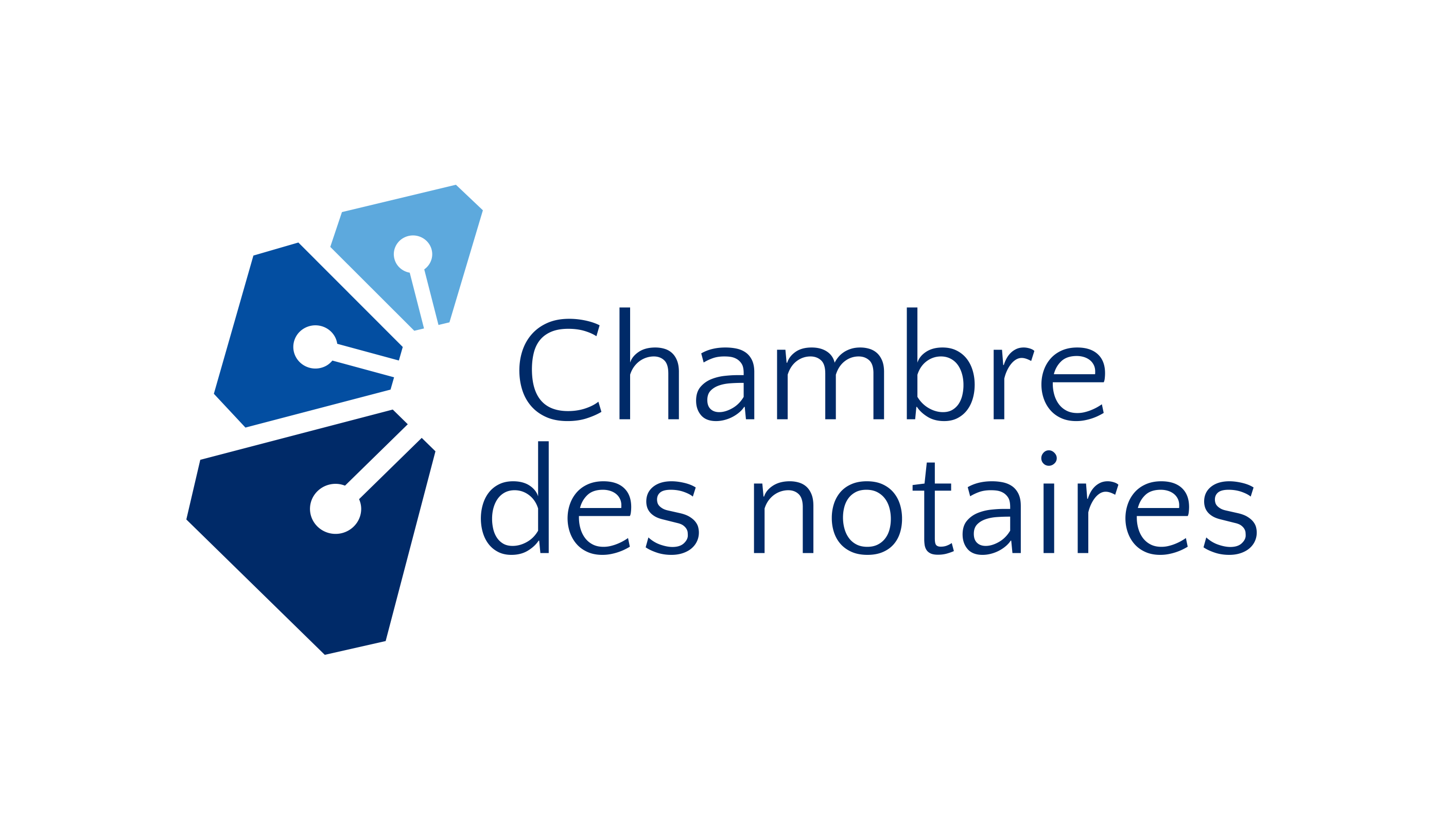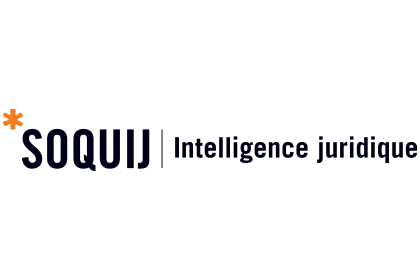Participation Guide to the Citizen Forum
On October 30, 2020, you will participate to the Citizen Forum, an event organized by the Quebec Law and Justice Reform Institute (Institut québécois de réforme du droit et de la justice – IQRDJ), in collaboration with INM and in partnership with Éducaloi.
Below are the different steps which will allow you to be prepared for the event.
- Read the guidelines to familiarize yourself with the main topics
- Watch the pre-recorded panel of discussion (as of October 13, 2020)
- Ask your questions to the panellists (by October 22)
- Respond to a short online survey (by October 20)
- Participate live in the Citizen Forum on Zoom (October 30 from 9 am to 11:45 am)
Thank you for your interest and participation!
Towards a Grand Assembly of Justice
Law and justice are present in all spheres of today’s society. What are the expectations of citizens with regard to the laws and courts in Quebec?
With the collaboration of the INM and in partnership with Éducaloi, the Quebec Law and Justice Reform Institute (Institut québécois de réforme du droit et de la justice – IQRDJ) is organizing the Grand Assembly of Justice which will take place in the winter of 2021. An online Citizen Forum, organized in the fall of 2020, will prepare the discussions of this Grand Assembly. The goal: to consult members of the general public on ways to adapt law and justice to the needs of Quebec’s society.
A Two-Phase Approach
On October 30, 2020, around sixty people will virtually come together to establish the themes that could be addressed during the Grand Assembly of Justice in the winter of 2021. The Forum will bring together:
- citizens selected from a call for applications, and showing an interest in law and/or justice;
- people appointed by the IQRDJ, a reference group made up of social actors from the legal, economic, labour and academic circles.
The Forum will take place online and will be the subject of a summary report which will be made public.
Les résultats du Forum citoyen permettront à l’IQRDJ de faire émerger des thèmes d’intérêt civique, qui alimenteront la programmation de la Grande Assemblée de la Justice.
In winter 2021, nearly 150 citizens will be invited to discuss, debate and vote for priorities in law and justice reform projects most likely to inspire the IQRDJ. This major collective deliberation aims to shed light on the research priorities of the IQRDJ.
Registrations for this consultation will be open to the public a few months before the event.
The results of the Grand Assembly will be made public through a summary report.
Step 1
Read the guidelines to familiarize yourself with the main topics
During the Citizen Forum, you will discuss the following topics:
- Priorities in law: Should new laws be adopted? Are there any laws that deserve to be reformed?
- Priorities in justice: Are courts adapted to today’s needs? How can we make them more accessible?
- Expectations towards a law and justice reform institute: How can research contribute to law and justice reforms?
To prepare for the Citizen Forum, you will find below a description of each of these themes and some questions to pursue the afterthought.
The primary function of law is to regulate social relations. It ensures cohesion between citizens and mutual adjustment of behaviour, making such behaviour predictable. Acting as a referral system, the function of law is therefore preventive.
In a society like Quebec, laws should form a system of shared references. They reflect certain shared values, allow or prohibit certain behaviours, and often provide an ideal image of society. In any case, we expect laws to put us on an equal footing with each other. Law is therefore the product of a set of social choices, a collective project. However, modern times are characterized by the transformation of personal values, if not of cultural and religious referents, by the redefinition of gender categories, by the complexification of family life, by the fragmentation of social practices, by the reconfiguration of social networks, by the diversification of personal and professional trajectories, by the multiplication of technologies, by the turmoil of collective structures, etc. Acknowledging such transformations allows to understand why there is such high demand of law and why there so many requests to adopt new laws.
It seems as though law is constantly lagging behind social reality. Many reforms have been carried out in recent decades. This demonstrates that it is possible to make significant legislative changes to ensure the continued alignment of legislation with society. The adoption, in 2014, of the Act Respecting End-of-Life Care, which directions will be debated again soon, can serve as a great example. Much work is being done today in children’s rights and family law. But all of this shows that the future of the law demands continuous reforms.
Food for thought:
- To what extent is the law an essential aspect of life in society? Could we live without laws?
- How can we make sure that the law continuously adapts to the conditions of social life?
- Who should “guarantee” the law in our societies?
- What collective and urgent matters deserve new legislation in the near future?
- Among the laws already adopted, are there any that should be changed in the short or medium term?
- Does the participation of citizens in lawmaking contribute to increasing its legitimacy? How to enact such participation?
The function of justice is to facilitate the management of disputes between citizens. In an ideal world, it promotes the pacification of social relations. The judge’s role is then to re-establish social or economic relationships in order to make everyday life more rational, more predictable, and hence more just. To what extent do we succeed in such quest?
Current debates tend to affirm the need to place citizens at the heart of the justice system. However, the courts are rarely seen as the preferred route for those grappling with a conflict or a dispute between them and someone else. The segmentation of jurisdictions and the complexity of procedures sometimes transform the courts into mazes. In family matters, proceedings may be brought before three different jurisdictions, not to mention the occasional lengthening delays. Few resources are invested in the development of new professional practices capable of meeting the needs of litigants. Justice remains to this day the only sector which, unlike Health or Education, has not undergone a comprehensive reform of its institutions.
It is often believed that the judicial apparatus is reluctant to change its practices, procedures and structures. However, the experience of the last decades shows that transformations are possible and beneficial for litigants. Some innovations indeed seem to meet the current expectations of the population: the creation of local justice centers, civil and family mediation, the offer of settlement conference, the development of restorative justice programs or alternative measures for adults in criminal matters.
The justice system responds to an elementary necessity of social life. The demand for justice is directly linked to the multiplicity of our interactions and the complexity of the society in which we live. This evidence highlights the collective dimension of justice and invites us to consider it as a real public service.
Food for thought:
- Is justice an individual experience or a collective reality?
- Under what conditions could justice be considered as a public service, like health and education?
- Beyond litigation and trials, what are the other services likely to meet the needs of citizens who encounter problems in their relations with one another?
- What new roles could legal practitioners play: notaries, lawyers, clerks, students in legal clinics, lawyers involved in community organizations, etc.?
- How to better integrate members of other professional orders in the settlement of disputes: professions such as social workers, psychologists, nurses, accountants, etc.?
- How to strengthen citizens’ trust in judges and in courts?
- How to adapt judicial institutions to the needs of citizens?
Changing the law is not an easy task. Yet sometimes laws are amended or adopted in response to public demand. Our elected representatives are thus led to attempt to respond to the pressures of public opinion. The decisions are made in the urgency. Of course, changing laws on a continuous basis is possible. But certain laws deserve a more complete and more global work. The tendency to want to solve immediate problems, without taking into account the priorities that await us in the future, is a major obstacle to aligning laws with social development and the expression of contemporary needs.
Scientific research can help define the terms and substance of legal reforms and of judicial practices. It seems destined to become an essential requirement to outline social priorities and contextualize the transformations of legal activities and judicial practices. Making better laws requires better insights into the social reality we intend to regulate. Learning about how other societies are tackling the same issues would allow us to learn from the most successful initiatives from other countries or jurisdictions.
Upcoming reforms of law or justice should therefore be envisioned with close collaboration between the area of research and the area of practice, as well as with some form of citizen participation. The possibility of this cooperation and the opportunity of this participation are evidenced throughout the world by the activities of bodies whose main mission is to submit to the government proposals for reform of law and justice, informed by scientific research, to better meet the needs of individuals and society. Such organizations exist in various countries, including Australia, England and the United States, as well as in a several Canadian provinces (British Columbia, Alberta, Saskatchewan, Manitoba, Ontario and Nova Scotia).
In Quebec, the Institut Québécois de Réforme du Droit et de la Justice (Quebec Law and Justice Reform Institute – IQRDJ) was created in 2018. It is an independent research organization. It meets the same needs as in the other jurisdictions: it works towards the continuous adaptation of the legislation and the judicial system to contemporary reality and to their greater accessibility for citizens.
Food for thought:
- What can be expected from an organization dedicated to research on law and justice reforms?
- Can research help shape the law and justice of the future?
- Under what conditions can research make law and justice more legitimate?
- Can research-informed reforms improve accessibility of law and justice?
- How can citizens contribute to research on legal and justice reforms?
Step 2
Watch the pre-recorded panel of discussion
Pr Pierre Noreau is a professor at the Faculty of Law of the University of Montreal and a researcher at the Centre de recherche en droit public (CRDP), of which he was the director from 2003 to 2006. He works mainly in the field of sociology of law. Pierre Noreau was president of the Association francophone pour le savoir (Acfas) from 2008 to 2012. His work focuses on the functioning and evolution of contemporary law, judicial ethics and access to law and justice. He is also the scientific director of the project Accès au droit et à la justice (adaj.ca). He chairs on the board of the Quebec Law and Justice Reform Institute (Institut québécois de réforme du droit et de la justice – IQRDJ) since its creation in 2018.
The Honorable François Rolland was a judge of the Superior Court of Québec from 1996 to 2004 and then Chief Justice of the latter between 2004 and 2015. His worked focused on the establishment of the Chamber of Settlement Conferences and the creation of the Class Action Chamber. The Honorable François Rolland chairs the board of directors of Éducaloi and sits on the board of administrators of the Legal Information Access Center and of the Canadian Forum on Civil Justice. He is a cofounding member of the Quebec Law and Justice Reform Institute.
Me Ariane Charbonneau has had a rich professional career. She is a lawyer, has been a member of the Barreau du Québec since 1993 and holds an MBA from HEC in Montreal. Her early practice focused mainly on environmental and municipal law. She then worked in business development for a multinational firm, in Toronto and in Montreal, before joining Éducaloi in 2012.
She was elected president of the Young Bar of Montreal in 1998 and held senior positions with The Bar of Montreal and the Barreau de Québec. She has been on the board of Équiterre since 2013, of the Office de la protection du consommateur since 2014 and of the Quebec Law and Justice Reform Institute since 2019.
Pierre Trudel is a professor the Faculty of Law of the University of Montreal and researcher at the Centre de recherche en droit public (CRDP). He teaches in information law and cyberspace law. He is the author of several books and articles on media law and information technology law. He is currently working on research projects on fundamental information rights, the protection of privacy, the assessment of legal issues and risks, connected objects, e-health, audiovisual law, electronic commerce and methodologies for developing rules of conduct in networked environments. He is a regular columnist for the newspaper Le Devoir.
Jennifer Fafard-Marconi completed her bar internship at the Legal Aid Office before joining the team at the Centre de justice de proximité du Grand Montréal. Among other things, she coordinated projects at the Centre before becoming its managing director. As a well-rounded manager, she mobilizes her team of lawyers and students, creates partnerships, participates in numerous boards and panels on justice in order to carry out her mission of access to justice. Her career has always been guided by using the law positively and putting civilians back at the heart of the judicial system.
Step 3
Ask Your Questions to the Panellists
Submit your questions to the experts by October 22, 2020. The answers will be shared on this webpage around October 26, 2020.
Step 4
Take a short online survey (by October 20)
Step 5
Participate live at the Citizen Forum on Zoom
Date: October 30, 2020
Time: 9 a.m. to 11:45 a.m.
We strongly recommend downloading the latest version of the Zoom desktop client and mobile application to take advantage of all conference functionality. Please install the updated version.
If you are experiencing difficulty joining the conference, see the Zoom information guide.
Citizen Forum Schedule
| 8:45 | Participants sign into the Zoom conference |
| 9:00 | Introduction: welcoming address, presentation of the goals and explanation of the program |
| 9:30 | Workshops and group discussions about priorities in law or justice |
| 10:30 | Break |
| 10:45 | Plenary: pooling of problems to consider, possibilities of action and expectations towards the IQRDJ |
| 11:30 | Conclusion: summary, upcoming steps and acknowledgments |
About the IQRDJ, INM and Éducaloi
The Quebec Law and Justice Reform Institute
Founded in 2018, the Quebec Law and Justice Reform Institute (Institut québécois de réforme du droit et de la justice – IQRDJ) is an independent research organization. It works for the continuous adaptation and updating of the legislation and the judicial system to contemporary reality and for greater access for citizens to law and justice.
The IQRDJ is funded in a way that ensures the autonomy and independence of its research. It mobilizes skills from all law schools in Quebec, or in other areas of knowledge, and places great emphasis on the expertise of practitioners. The interdisciplinary and comparative nature of its activities broadens the aims of legal research.
Its research documents the major orientations likely to serve as the basis of future legislation. Collaborating with organizations fulfilling the same mission across Canada and abroad, the Institute is particularly interested in the harmonization of laws, enlightened by the perspective of Quebec’s legal tradition.
The Institute gives key importance to public consultation, whenever its work requires a better understanding of social expectations in matters of law and justice. Its work is carried out in accordance with the rules of ethics in research. The Institute maintains permanent relations with all segments of the legal world and civil society, to ensure the social relevance of its work.
INM
The Institut du Nouveau Monde (INM) is an independent and non-partisan non-profit organization based in Montreal. Its mission aims at promoting the participation of citizens in Quebec’s democratic life.
Through its action, the INM encourages citizen participation, and contributes to the development of civic literacy, to the strengthening of social bonds, and to the advocacy of democratic institutions. The team behind the INM is driven by the belief that citizen participation bolsters democracy.
Éducaloi
Éducaloi is a charitable organization that has played a leading role in improving access to justice since it was founded in 2000. Its core mission is to explain to Quebecers the law, their rights, and their responsibilities. To do this, Éducaloi has three main areas of focus: legal information, legal education, and the development of expertise in clear legal communication.
This project is an initiative of the Quebec Law and Justice Reform Institute, in collaboration with INM and in partnership with Éducaloi.












